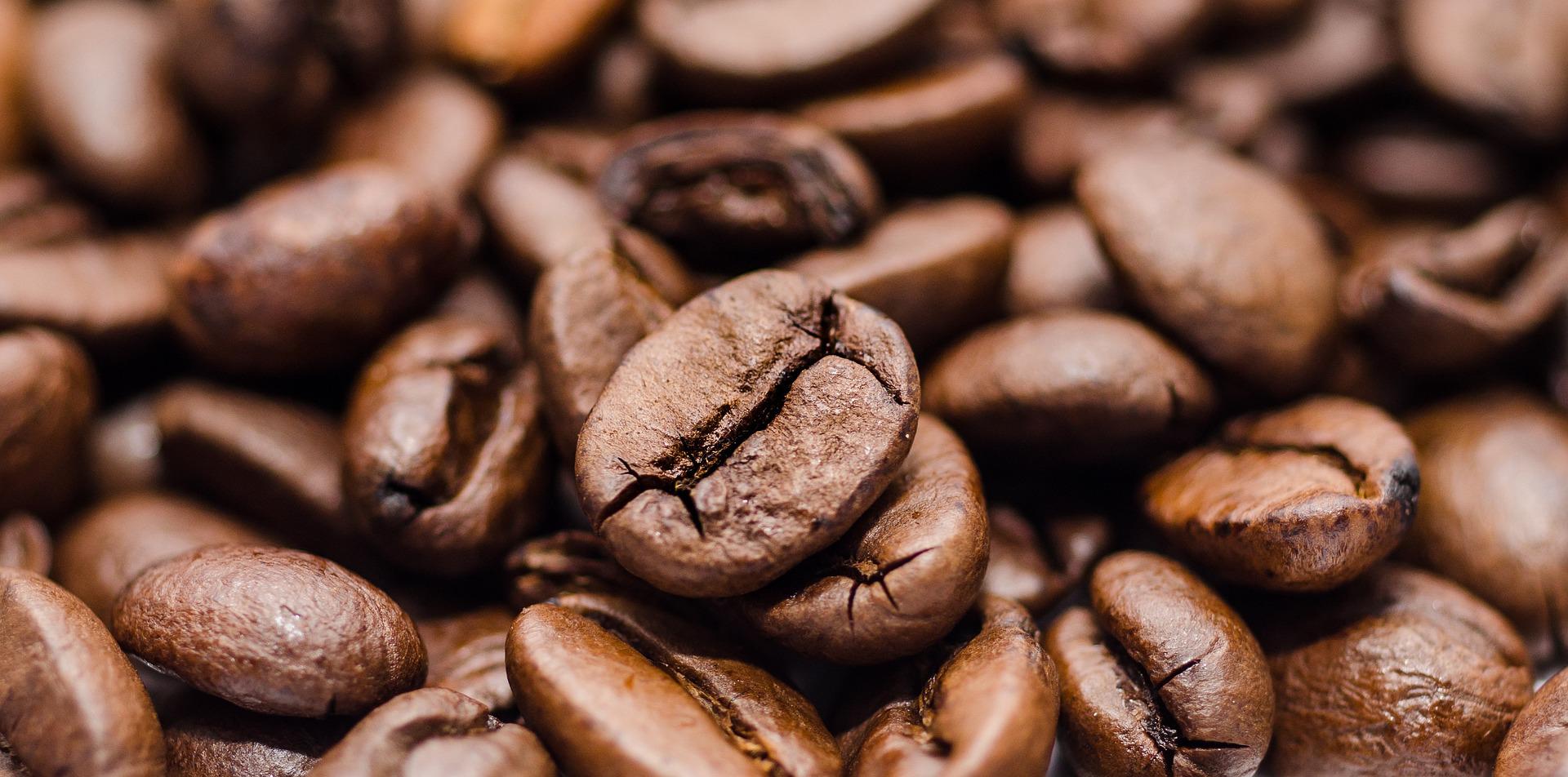
Consumption of coffee, energy drinks, and tea containing caffeine has various effects such as preventing drowsiness, relieving fatigue, and improving concentration. This effect is obtained as caffeine suppresses the action of adenosine, which causes drowsiness, and at the same time stimulates the central nervous system. Caffeine’s effects on the human body vary depending on the individual’s constitution and tolerance to caffeine. However, drinking too much caffeine can cause problems. And if this excessive consumption habit continues for a long period of time, it can adversely affect health through various poisoning symptoms. In addition, if the habit of continuous intake is stopped at once, various abnormal symptoms due to withdrawal may appear. So today, let’s take a look at the various symptoms that can appear when you are addicted to caffeine. Caffeine poisoning symptoms
Excessive consumption of caffeine-containing coffee and beverages can lead to increased heart rate, pulse, and blood pressure, as well as gastric acid secretion and gastrointestinal symptoms such as indigestion and abdominal pain. And if you eat a lot of it for a long time, it can cause diseases such as gastric ulcer and gastroesophageal reflux disease. It can also cause frequent urination, overactive bladder, numbness in the hands and feet, anxiety, restlessness, and emotional disorders. In addition, excessive intake of caffeine not only interferes with the absorption of calcium, which is a component of bones and teeth, but also reduces the absorption rate of iron, which is involved in the production of red blood cells, leading to anemia, growth retardation, oral disease, and osteoporosis. It can be said that it is a problem that is caused.
In addition, when such excessive consumption becomes a habit, dependence on caffeine increases, resulting in a greater number and amount of caffeine search, which can eventually lead to caffeine addiction. In particular, the withdrawal phenomenon that occurs when you stop taking it can adversely affect your health. Caffeine addiction symptoms are more closely related to the individual’s tolerance than the amount of caffeine intake, and there is a survey result showing that about 50 to 75% of people who actually consume caffeine experienced withdrawal symptoms after cessation of caffeine intake. Withdrawal symptoms occur within 12 to 24 hours of stopping caffeine intake, worsening within 1 to 2 days, and gradually improving within a week. During the improvement period, various symptoms such as headache, fatigue, distraction, muscle pain, nausea, drowsiness, increased urge to consume caffeine, sensitivity, and depression may be accompanied. Therefore, it is necessary to check the parts corresponding to the symptoms of caffeine addiction and change the habit to improve when suspicious symptoms appear. -Persistent symptoms of insomnia, which makes it difficult to sleep at night -Continues gastrointestinal abnormalities such as indigestion -Increased frequency and quantity of urination -Irregularity and rapid pulse -Distraction, loss of speech and thoughts -Frequent muscle cramps or muscle cramps -Persistent feeling of not feeling tired and tired -Increased nervousness and anxiety -Flush flushing symptoms that easily blush I hope you do. How to Deal with Caffeine Addiction Symptoms
In order to prevent the symptoms of caffeine addiction, it is important to gradually reduce the intake over 1 to 2 weeks without stopping the intake abruptly. Drinking with a decaffeinated beverage is also a good way to cut down on it. It is also recommended to drink enough water when drinking coffee so that the caffeine and toxins accumulated in the body can be excreted through urine. Irregular sleep patterns or chronic lack of sleep can accumulate fatigue and cause you to consume more caffeine, so make sure you get enough sleep.
Caffeine is also contained in beverages such as coffee, green tea, and black tea, as well as chocolate, ice cream, and carbonated drinks, so it is recommended to check the ingredients carefully to avoid excessive intake. In addition, the feeling of hunger caused by emptying the stomach for a long time can increase the urge to consume caffeinated beverages and food by sensitizing the nerves, so it is recommended to eat regularly without skipping meals.

































